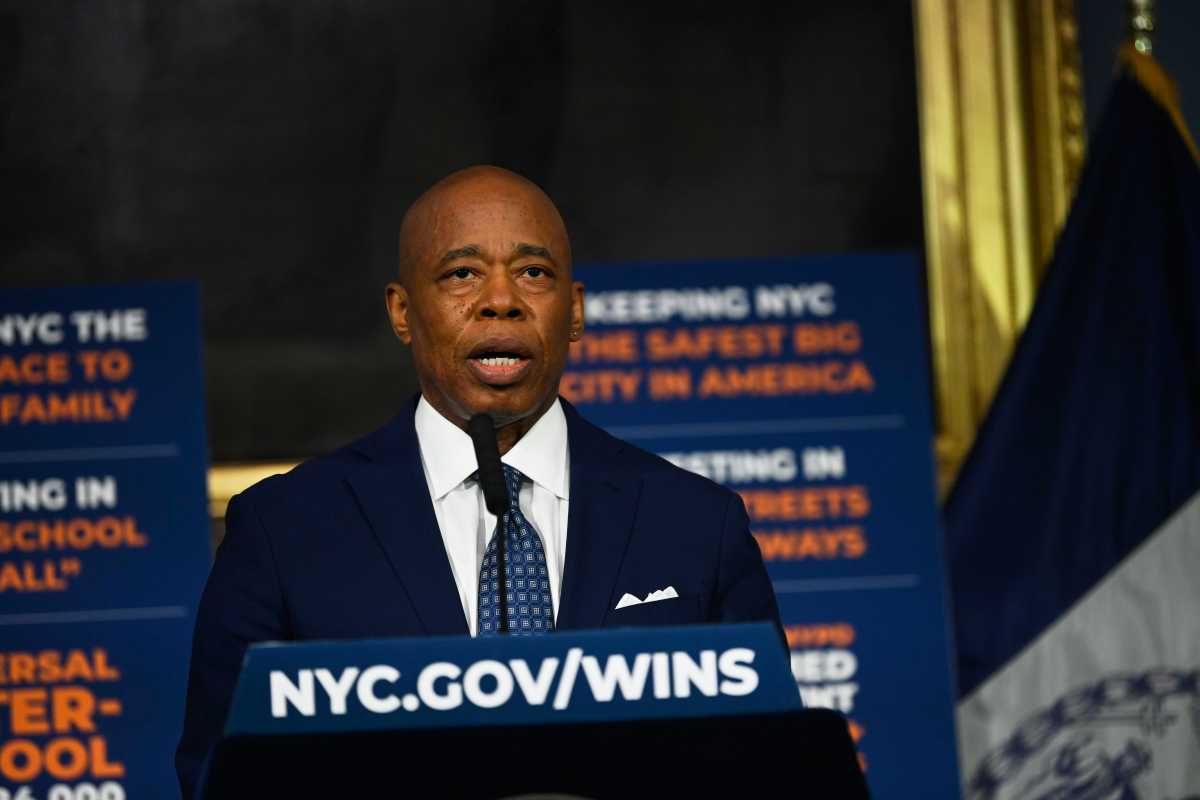The Profligate Path To Servitude
As a teenager, I began a new lifelong routine of starting and ending each day reading from the book of Proverbs, which, of course, was written by Solomon, a very wise man. Interestingly, my parents gave me the middle name of Solomon –not that I claim even a modicum of his wisdom.

After Solomon became the king of Israel, he gained great renown when two women came before him claiming to be the mother of the same infant. Solomon decreed that the baby should be divided and half given to each woman, at which time the real mother immediately relinquished her claim.
This made the judgment quite simple. I believe God has a sense of humor, not only because of my middle name and my affinity for Solomonic proverbs, but because I, too, gained great renown by dividing babies. In my case, it was complexly joined craniopagus twins.
One of the verses that seems pertinent to America today is Proverbs 22:7, which says, “The rich ruleth over the poor, and the borrower is servant to the lender.” Most of us grew up hearing that debt is a bad thing. The advent and wide dissemination of credit cards diminished such teachings, and those in charge of our nation’s finances over the past few decades seem to revel in debt.
As a nation, we currently are carrying a national debt of $17.5 trillion. If we repaid it at a rate of $10 million per day, seven days a week, 365 days per year, it would take 4,700 years to repay. The only reason that we can sustain such a level of debt is our status as the international reserve currency for the world.
This is a position usually reserved for the most reliable and strongest economic nation, and this status allows us to print money. If Greece could print money, it would not be bankrupt, although it probably would continue to drive up its debt.
Additionally, we have unfunded liabilities of at least $100 trillion.
Why am I concerned about this? I have been talking about this issue since long before Russian President Vladimir Putin’s recent threat to abandon the U.S. dollar as Russia’s reserve currency. Unless he could attract many other nations to do the same, he likely would inflict more short-term damage on his own country than on the United States.
Nevertheless, the very mention of such an action should send shivers down our spine. He recognizes our vulnerable position, which is exacerbated by our insistence on incurring unsustainable levels of debt. I have no doubt that at a strategic moment, he will exploit our weakness.
A United Nations committee in 2010 recommended a change in world reserve currency policies, and others such as China have made similar suggestions. They are beginning to doubt the stability of America’s financial infrastructure.
Our continued fiscal irresponsibility not only threatens the financial well-being of the next generation of Americans, but it also increasingly jeopardizes U.S. security. Our international influence is weakened, as our borrower status makes us vulnerable to threats from Putin and others. Perhaps worst of all, if our status as the world’s reserve currency issuer changes, there could be a dramatic decline in our standard of living.
If this occurs, the Occupy Wall Street movement will seem like a walk in the park compared with the civil unrest that will result. It does not require a great imagination to envision some of the freedomlimiting responses that might then occur. Many say this is simply paranoia and fear-mongering, which is what the so-called elites traditionally say before a catastrophic collapse.
The good news is we can do better. However, we the people must first do our homework and make sure we know who our congressional representatives are and how they vote, not how they say they vote. If they are in favor of continued fiscal lunacy, as evidenced by their votes that keep raising our national debt, they need to be replaced by responsible candidates from any party who understand the implications of their actions.
We need people who understand that in order for businesses to grow and prosper the government must remove the heavy boot of regulation and interference from their necks. We need those who realize that taxation is supposed to provide the necessary revenues to operate a government that provides for the safety, infrastructure and freedom of the people.
The purpose of taxation is not to control behavior and certainly not to justify a government takeover of health care that initiated the most massive shift of power from the people to the government in our history. By declaring pertinent parts of the Affordable Care Act a tax, the Supreme Court facilitated the demise of freedom in America.
These should not be partisan issues, but rather the concerns of every freedom-loving American citizen who wishes to see prosperity return to our shores.
Fiscal responsibility, fair taxation, intelligent environmental and energy policies, strong international leadership, evidence-based educational policies, cost-effective health care that is readily available to everyone, and honesty can prevail, but some feathers of those who are currently comfortable may need to be ruffled.
We need to discuss all of these things openly, rather than giving ear to the constant demagoguery that now exists. We must then vote responsibly with full knowledge of records and remain vigilant to preserve freedom and justice for all. We still have the power to craft a better future, but urgency grows.
* * *
Ben S. Carson is professor emeritus of neurosurgery at Johns Hopkins University.




































